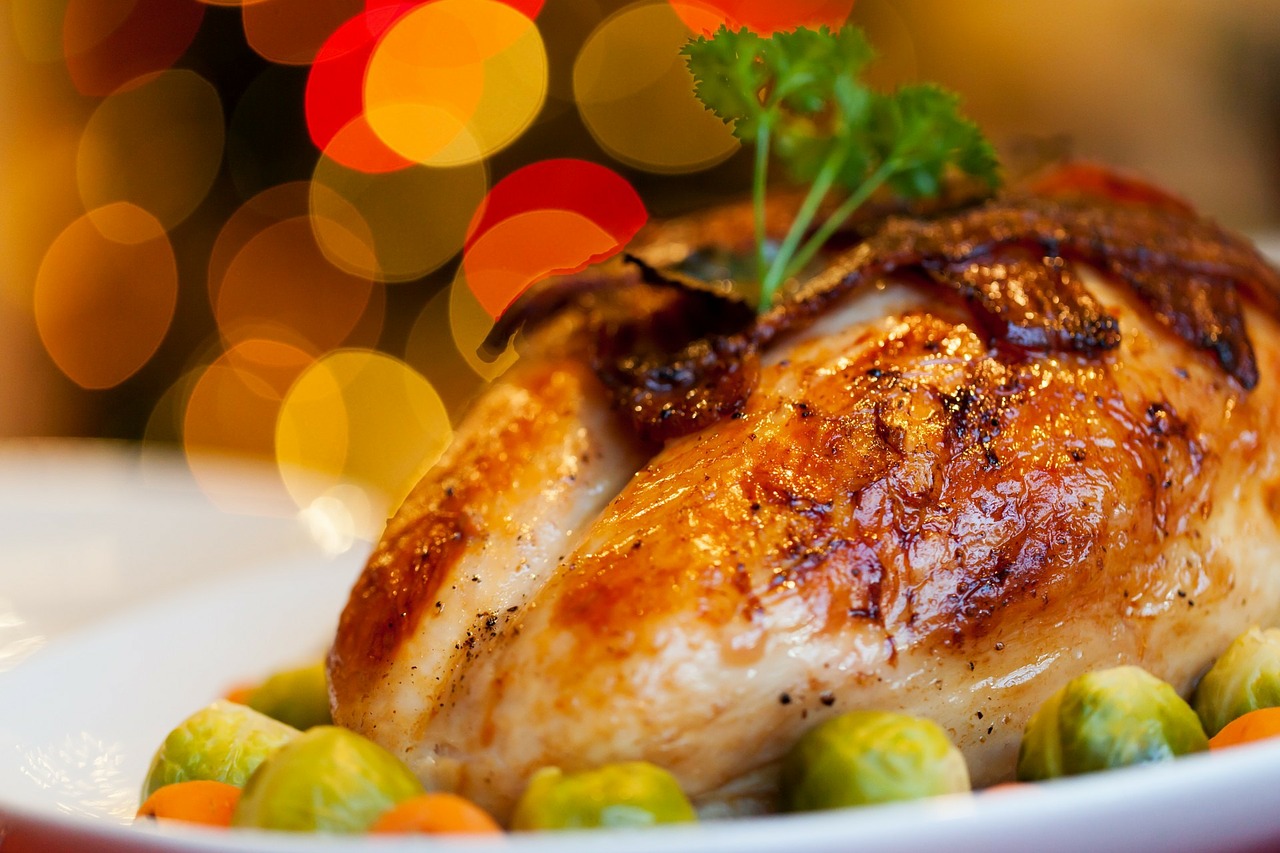It was my second Thanksgiving in the U.S., my first spent with a family. I’d been invited by an older gay man whose pickup strategy was to tell younger gay men—he only went after younger men—that he had cancer. I didn’t know enough then to understand what it took for him to ask for company. At any rate, he invited me along to celebrate a “typical” U.S. Thanksgiving with friends.
It was a kind gesture, one routinely experienced by international students who had no family with whom to experience Thanksgiving. “How sad you won’t have any family around you,” was how U.S. students and staff framed it, though having not grown up with the holiday, the sentiment was lost on us. Still, we accepted invitations to celebrate the holiday with U.S. families. It felt anthropological—see them in their home settings—and there was free food.
The family lived in the Pittsburgh suburbs, in the kind of bland house that Hallmark films promote as desirable. They were unmemorable. Professionals of some kind. A dog. Perhaps three children, the oldest maybe in high school. But the house really did feel like a Hallmark film: Christmas tree, double-glazed windows, warm, unthreatening. Unmemorable. Nothing remains of the conversation. I couldn’t eat the turkey, because I’m vegetarian. And I suspect they might have asked some bland, polite questions about school. I was there to be the international student: quiet, bland, grateful, foreign. I probably was.
They clearly prided themselves on their generosity, opening their home to their older gay friend who was dying of cancer and this strange foreign person he’d invited. I wonder if they mused about our relationship. Was I the first younger, foreign, very gay person this older man had invited to their household? Did they pat themselves on the back afterwards, proud of how warm and welcoming they had been?
I recall it now because it was unmemorable.
Thanksgiving meals had looked so exciting when I watched them on TV. Families gathered from far-flung places, sitting at one table. One table! They were so different from the weekly trips to my grandparents: boys would hold down a goat or sheep and the uncles would slaughter it; my aunt would wring chicken’s necks to slaughter them; women would cook huge sufurias of rice and different kinds of mukimo; the chicken-slaughtering aunt would make chapati; and my cousins and I would sneak into wherever the sodas were kept to grab yet another bottle. Different cuts of meat would be eaten as they were ready, plates of food assembled as they were ready, and instead of sitting around a table, we found spaces arranged by age group: my cousins and I, my parents and aunts and uncles, the many grandparents. Perhaps this was the only way to manage a polygamous household—I have 11 aunts and uncles—together with their multiple progeny. We did not assemble around a table. We assembled as a mbari, a family.
Perhaps my memories and desires had been too trained by my experiences to process this small group of people gathered around a suburban Pittsburgh home, making polite, bland conversation over a bland meal—it was probably cooked excellently, but I do not remember it—creating memories they would treasure. And perhaps what is most significant about that day is that two gay men from different generations— one ravaged by AIDS the other living with the promise of life-extending AIDS treatment—shared a meal, no matter how bland and unmemorable.
Keguro Macharia






